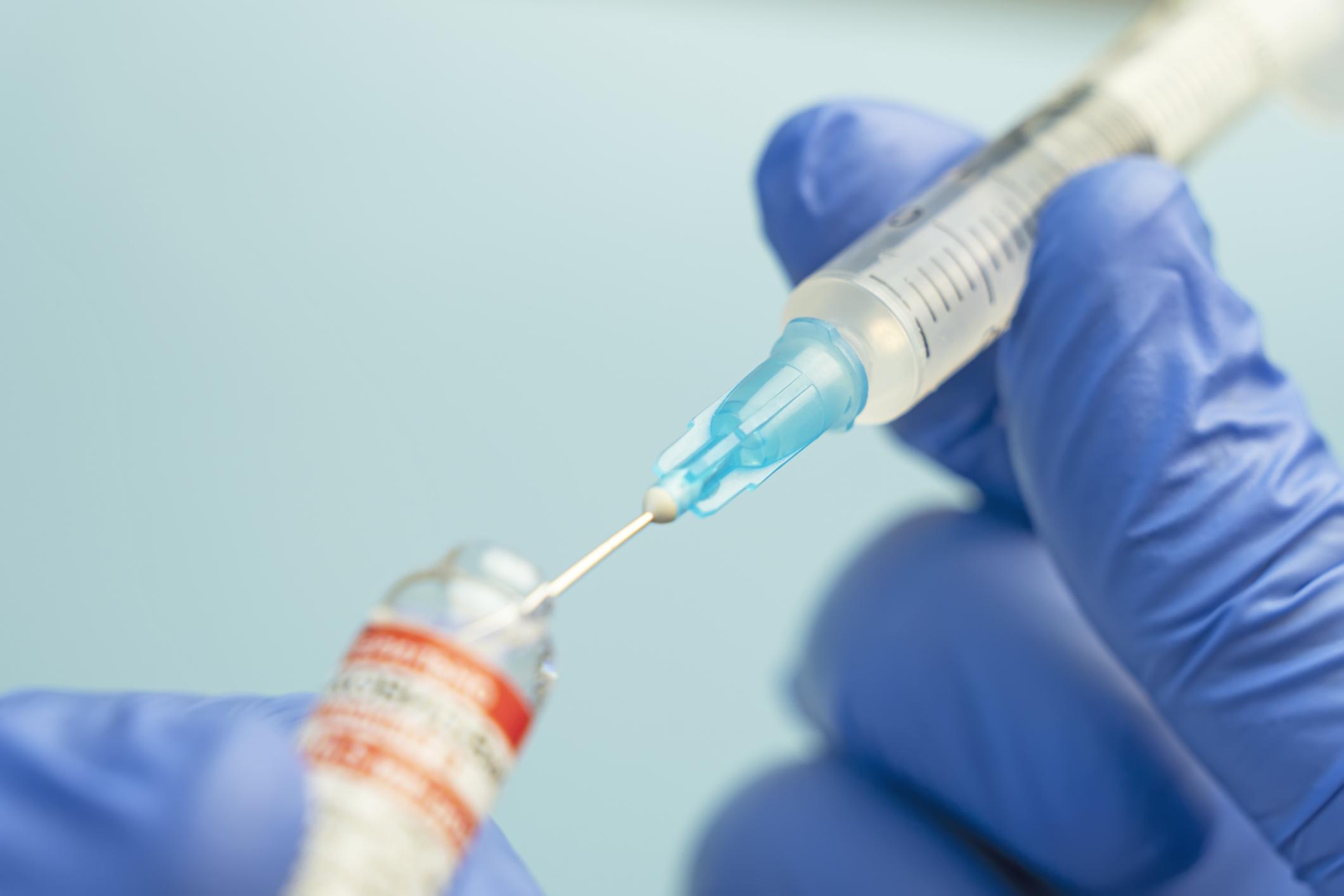An American study has revealed the promising results of a messenger RNA vaccine to improve the life expectancy of patients affected by glioblastoma.

- Glioblastoma is a very aggressive form of brain cancer, but it remains rather rare.
- Upon diagnosis, a patient’s life expectancy is approximately 18 months.
- American researchers have recently developed a vaccine using messenger RNA technology, which could extend the lives of patients affected by glioblastoma by a few months.
A very aggressive form of brain cancer, the life expectancy of a patient affected by glioblastoma is estimated at approximately 18 months from diagnosis. After seven years of research, scientists from the University of Florida (United States) announced that they had developed a therapeutic vaccine that could extend the life expectancy of patients affected by this tumor. This work was published in the journal cell.
Messenger RNA vaccine: a robust immune response against glioblastoma
This vaccine uses messenger RNA technology, like some Covid-19 vaccines, but with two major innovations: the integration of the patient’s tumor cells for a personalized vaccine, as well as a newly complex delivery mechanism. developed. “Instead of injecting single particles, we inject groups of particles that wrap around each other like onions. These clusters alert the immune system in a much deeper way than single particles would.”, said Professor Elias Sayourlead author of the study and pediatric oncologist.
As part of this research, the vaccine was initially tested on mice, then on ten pet dogs, which were affected by glioblastoma, and for which no therapy could be considered. Finally, the serum was evaluated in four patients affected by this tumor.
Administered intravenously, the messenger RNA vaccine triggered a vigorous immune response to reject this type of brain cancer in all subjects. “What this told us was that we were able to activate the early part of the immune system against these cancers very quickly, which is key to unlocking the later effects of the immune response”added the specialist.

An extension of the life expectancy of patients
According to the first results, the ten dogs survived an average of 139 days while their survival is estimated between 30 to 60 days in normal times. Patient survival was also extended by a few months. However, the study authors indicated that it is still too early to assess the clinical effects of the vaccine.
In the coming months, the American team wishes to begin an expanded phase I clinical trial to include up to 24 adult patients and children, in order to validate their initial conclusions.















